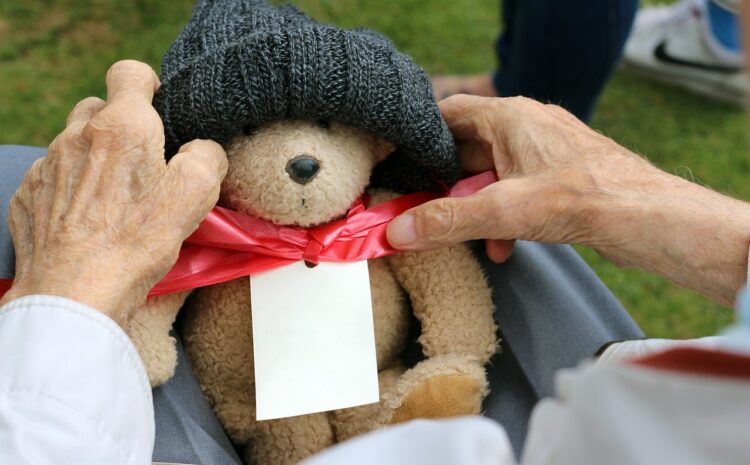
Nursing home abuse is a serious issue that affects countless vulnerable individuals across the country. As family members, it’s crucial to remain vigilant and take action if you suspect your loved one is being mistreated in a care facility. In this article, we’ll explore the signs of nursing home abuse, the steps you should take if you suspect abuse, and how to protect your loved one from further harm.
Understanding Nursing Home Abuse
Nursing home abuse can take many forms, including physical, emotional, sexual, and financial abuse, as well as neglect. Some common signs of abuse include:
- Unexplained injuries, such as bruises, cuts, or broken bones
- Sudden changes in behavior, such as withdrawal, fear, or aggression
- Poor hygiene or unsanitary living conditions
- Malnutrition or dehydration
- Unexplained financial transactions or changes in legal documents
If you notice any of these signs, it’s essential to take immediate action to protect your loved one.
Reporting Suspected Abuse
If you suspect that your loved one is being abused in a nursing home, the first step is to report your concerns to the proper authorities. You can contact your state’s Adult Protective Services (APS) agency or the local police department to file a report. Be sure to provide as much detail as possible, including any evidence you may have, such as photos or witness statements.
It’s also important to notify the nursing home administration of your concerns. If the facility is unresponsive or fails to take appropriate action, you may need to escalate the issue to higher authorities, such as the state health department or the Centers for Medicare and Medicaid Services (CMS).
Protecting Your Loved One
Once you’ve reported the suspected abuse, it’s crucial to take steps to protect your loved one from further harm. This may involve removing them from the abusive situation and finding a new care facility that can provide a safe and nurturing environment.
When selecting a new nursing home, be sure to thoroughly research the facility’s history, including any past complaints or violations. Visit the facility in person and observe the interactions between staff and residents. Ask questions about the facility’s policies and procedures for preventing and addressing abuse.
Seeking Legal Assistance
In some cases, you may need to seek legal assistance to hold the abusive nursing home accountable and secure compensation for your loved one’s injuries and losses. A skilled nursing home abuse lawyer can help you navigate the legal process and fight for your loved one’s rights.
When selecting a nursing home abuse lawyer, look for someone with experience in handling similar cases and a proven track record of success. Schedule a consultation to discuss your case and learn more about your legal options.
Nursing home abuse is a tragic reality for many families, but by staying vigilant and taking action, you can help protect your loved one from harm. If you suspect abuse, don’t hesitate to report your concerns and seek help from the proper authorities. With the right support and legal assistance, you can hold abusive nursing homes accountable and ensure that your loved one receives the care and respect they deserve.
If you believe your loved one has been a victim of nursing home abuse, it’s essential to seek the help of an experienced nursing home abuse lawyer. These professionals have the knowledge and resources to investigate your case, gather evidence, and fight for your loved one’s rights in court.
When selecting a nursing home abuse lawyer, look for someone who deeply understands the laws and regulations governing nursing homes in your state. They should have a proven track record of success in handling similar cases and be committed to providing personalized, compassionate representation.
During your initial consultation, ask about the lawyer’s experience, their approach to handling nursing home abuse cases, and their fees and payment structure. A reputable nursing home abuse lawyer will be transparent about their services and work tirelessly to help you achieve the best possible outcome for your loved one.

